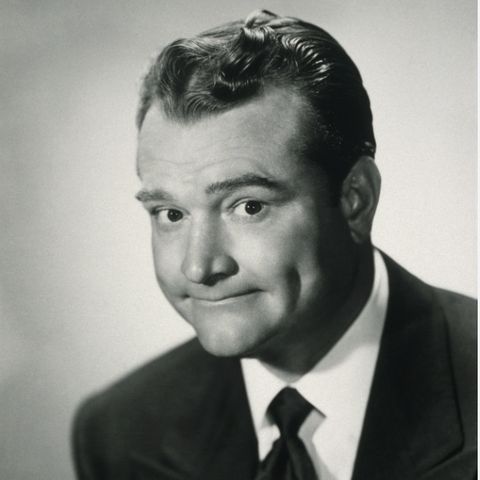In the tapestry of American entertainment, Red Skelton threads a vibrant color of joy. His journey with NBC began in 1939, a time when radio was the hearth around which America gathered. Sponsored by Avalon Cigarettes, Skelton's voice became a familiar comfort with "Avalon Time." As the world braced for change, on October 7, 1941, Skelton offered a new respite, "The Raleigh Cigarette Program." Here, he wove together a patchwork of characters, each unique in their follies and affections, from the lovably disoriented Cauliflower McPugg to the ever inebriated Willie Lump-Lump.One could hear the laughter of a nation in Junior's catchphrase, "I dood it!" — a phrase that wiggled its way into the very lexicon of America. There was the crafty San Fernando Red, with his peculiar seagull companions, Gertrude and Heathcliffe, and the endearing Clem Kadiddlehopper, whose naiveté often outshone the glitter of high society, much to the chagrin of his cynical father.In those times of global unrest, Skelton's show became a vessel for unity, aiding the war effort by selling bonds, and graced by the Nelson family and the melodic waves of the Ozzie Nelson Orchestra.Yet, the laughter paused in March 1944 when duty called Skelton to serve. Despite a trying time overseas that challenged his spirits, he returned with his humor unscathed, remarking with a chuckle, "I was the only celebrity who went in and came out a private."The show's heartbeats resumed on December 4, 1945, with Skelton breathing life into new follies and characters. The show blossomed with the voices of Lurene Tuttle and Verna Felton, the orchestral talents of David Forrester and David Rose, and the vocals of Anita Ellis, before its final curtain in 1949.As time marches on, an irony unfurls: though Skelton's television legacy casts a long shadow, it's the echoes of his radio days that now find a way into the eager hands of nostalgia seekers, a testament to the enduring allure of a voice and a spirit that captivated a nation.
mostra meno


